The three eras of loss and damage
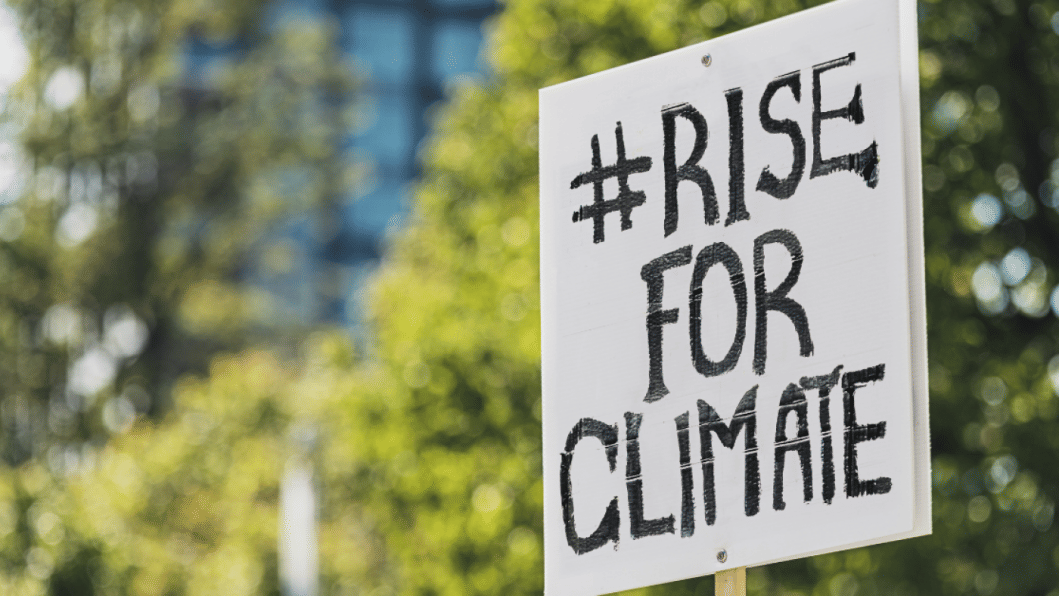
The world has entered the third era of loss and damage from human-induced climate change. In the first era, the experts were focused on completely avoiding the potential losses and damages from climate change by stopping – or at least drastically reducing – greenhouse gas (GHG) emissions, which caused the global temperature to rise. This understanding came from the scientific community through the first and second assessment reports of the Intergovernmental Panel on Climate Change (IPCC). At the global policymaking level, it led to the signing of the United Nations Framework Convention on Climate Change (UNFCCC) in 1992 and subsequent Kyoto Protocol in 1997, in which developed countries agreed to reduce their emissions, with developing countries to follow later.
One other aspect of this first era was the emphasis on mitigation measures to reduce emissions, which was treated largely as an environmental issue.
However, when the third assessment report (AR3) of the IPCC was published in 2001, it became apparent that the promises of reducing emissions were not taken seriously, and emissions were continuing to rise.
The main message from AR3 was that the world had failed to avoid climate change impacts through mitigation, and that there would now be inevitable impacts that the world now needed to prepare for through adaptation measures. This started the second era of minimising losses and damages. The second important message in AR3 was that, while all countries would be adversely impacted over time, the poorest countries and the poorest communities in richer countries would be affected first and the hardest.
This, in turn, led to adaptation being adopted as a new strategy at COP7 in Morocco in 2001. This era of adaptation actions also meant that the development actors both at national and global levels began to get involved in climate actions along with the environmental actors.
Unfortunately, the world failed to make use of the adaptation measures too. Hence, as of last year, we entered the third era of addressing loss and damage from human-induced climate change. The turning point was the publication of the sixth assessment report (AR6) of the IPCC where the climate scientists, for the very first time, stated that there was unequivocal scientific evidence that there were adverse impacts that could be attributed to the fact that the global temperature had already gone above one degree Celsius since the First Industrial Revolution due to GHG emissions.
This game-changing scientific report was accompanied by the visible evidence of unprecedented extreme weather events such as floods, cyclones, heatwaves and wildfires around the world.
At the UNFCCC level, this reality was also recognised by the historic achievement of establishing a funding mechanism to address loss and damage, agreed upon by all countries at COP27 in Egypt last year.
One of the most significant outcomes of this realisation is that climate change and development can no longer be treated separately. Indeed, the main lesson of the Covid-19 global crisis also points to the need to tackle all the different crises facing the globe in a multisectoral as well as multinational manner, which is not easy.
As we enter this third era of loss and damage, for which no country is really prepared, the whole world will need to find better ways of cooperation within and across national boundaries. Bangladesh has the opportunity of being a global leader in this mission. The first step would be to acknowledge the reality of losses and damages from human-induced climate change in different parts of the country, and then involve all stakeholders in developing a national strategy to tackle loss and damage through a whole-of-society approach.
This new initiative on loss and damage can then build considerable knowledge and capabilities for the government as well as civil society to adapt to climate change.
Dr Saleemul Huq is director of the International Centre for Climate Change and Development (ICCCAD) at Independent University, Bangladesh (IUB).

 For all latest news, follow The Daily Star's Google News channel.
For all latest news, follow The Daily Star's Google News channel. 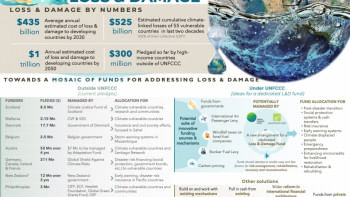
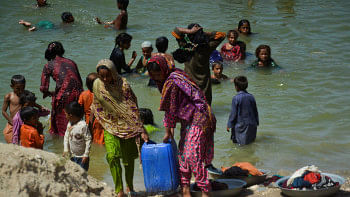
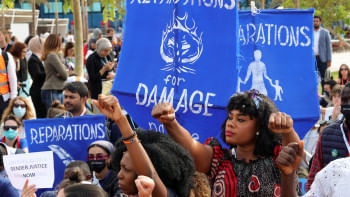





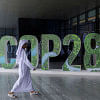



Comments